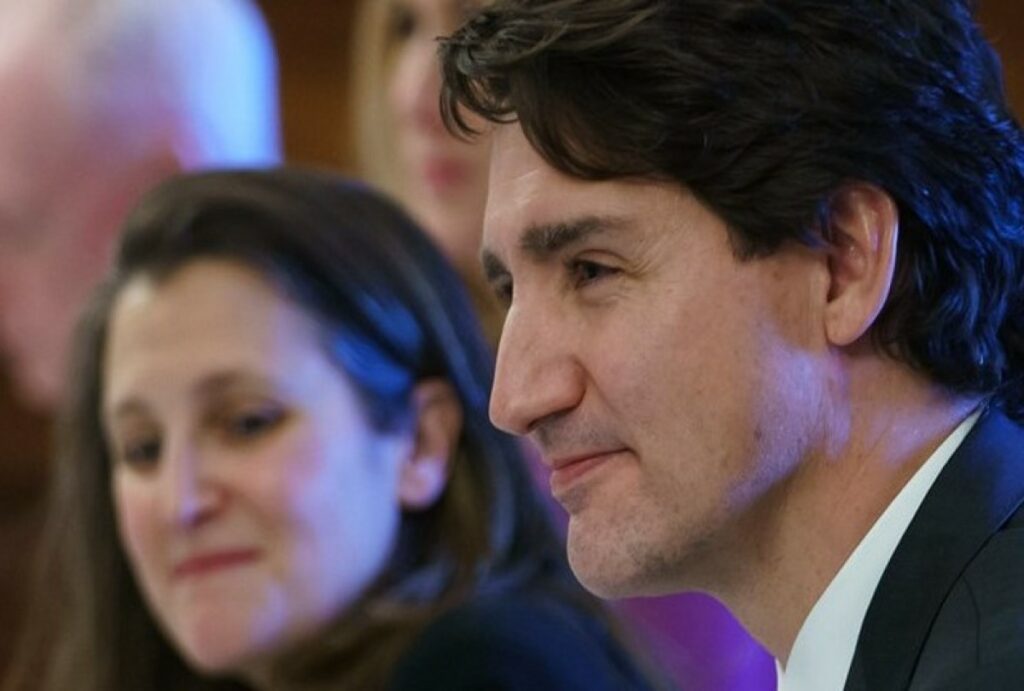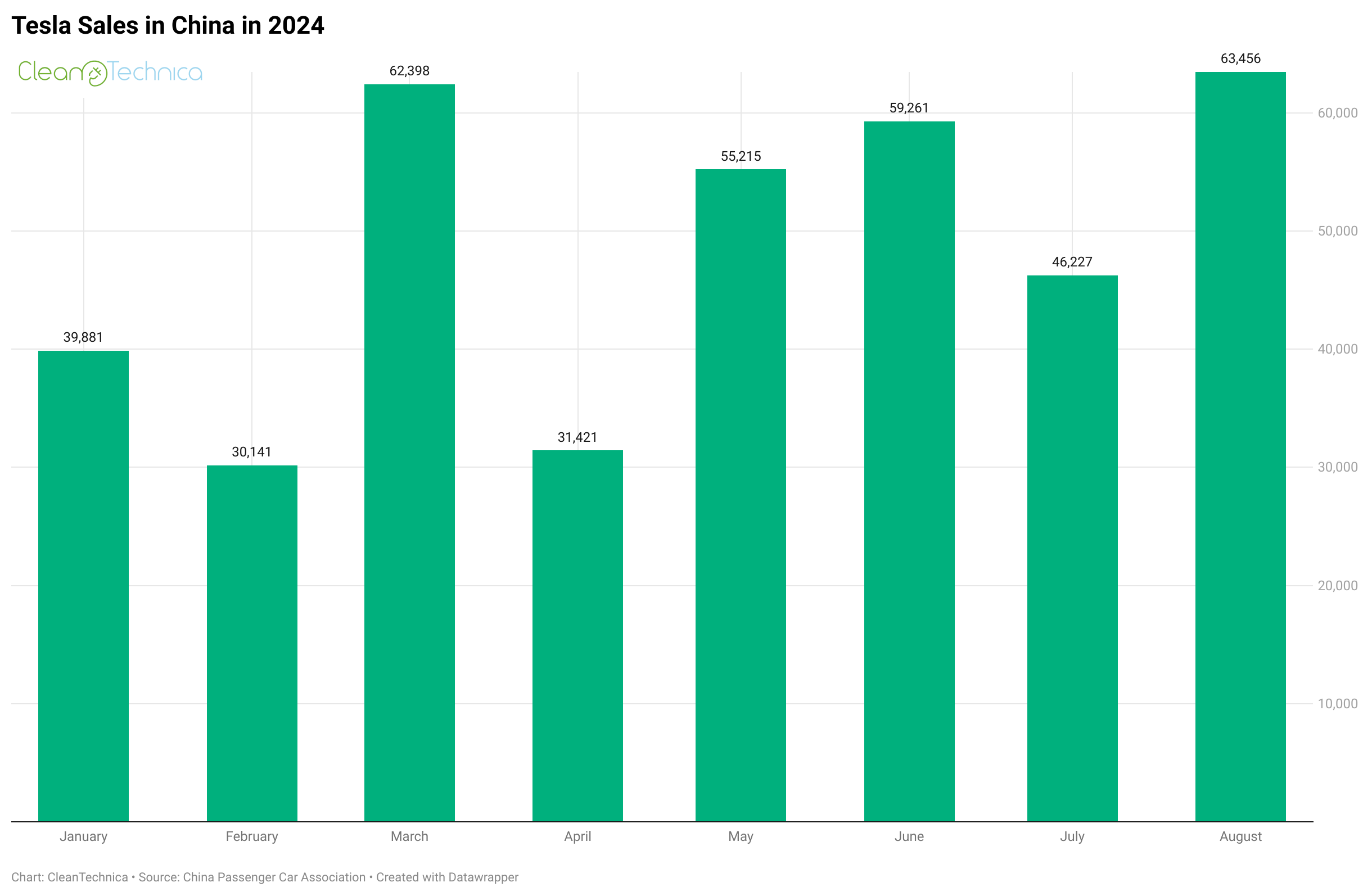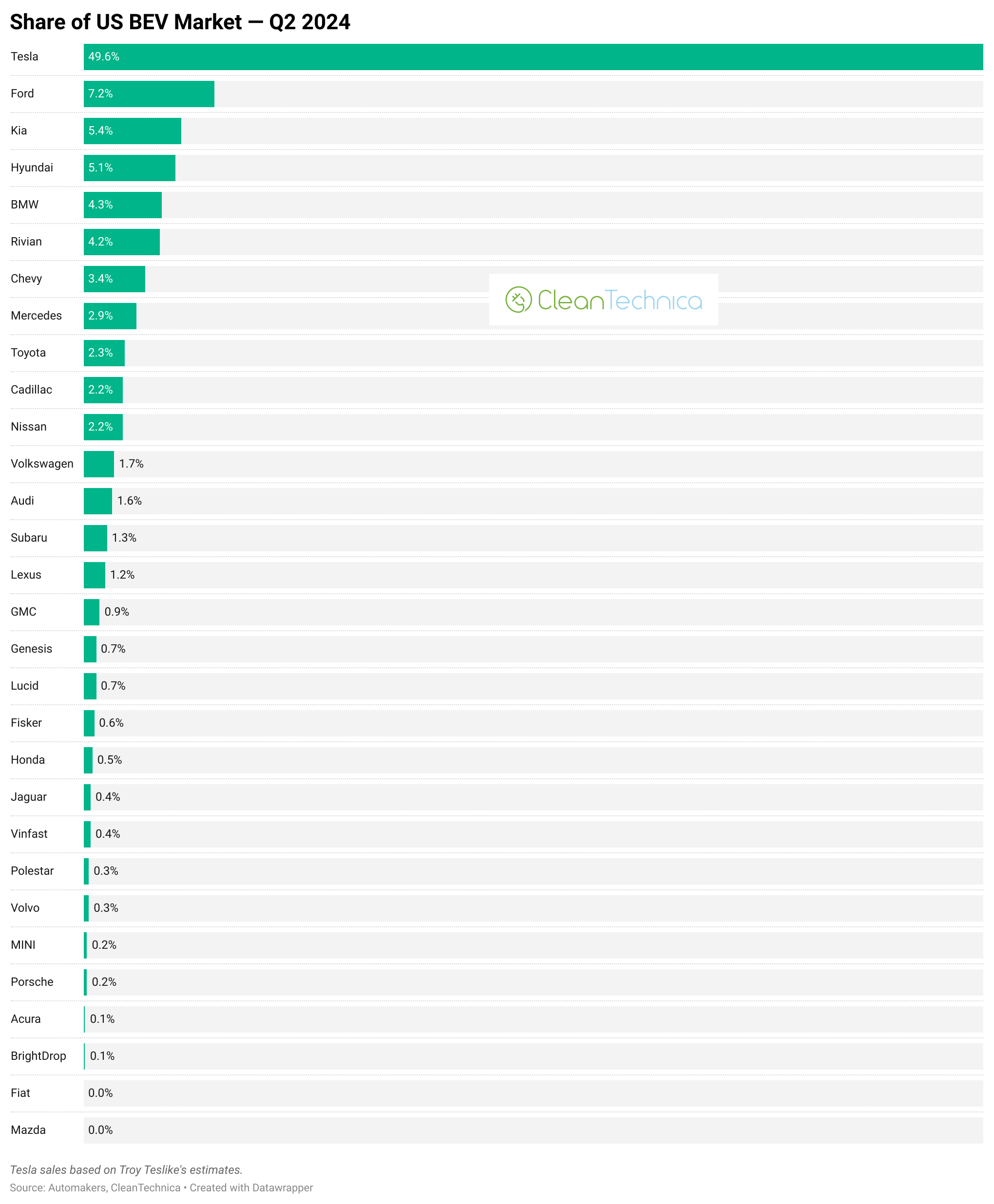
In the foreword of the Trudeau government’s recent budget, Finance Minister Chrystia Freeland declared that, “it would be irresponsible and unfair to pass on more debt to the next generations.” Minister Freeland is absolutely right—if only she had listened to her own advice.
Fairness was the purported theme of this federal budget and nearly every new policy is presented as something that will help make life fairer for Canadians—especially younger generations. But the glaring contradiction is that partly due to all of the new spending on these policies, the Trudeau government is doing the very thing it admits is “unfair” and saddling future generations with hundreds of billions in added debt.
By 2027/28, the Trudeau government plans to add $395.6 billion to the total (gross) amount of debt held federally, which is $180.0 billion more than it planned to add just last spring. Overall, gross debt is projected to increase by nearly 20 per cent over the next four years. Adjusting for population growth and inflation during this period, by the end of 2027/28 every Canadian will be responsible for $2,301 more in gross federal debt than they are currently.
Much of this added debt stems from the introduction of new programs, which have caused federal program spending (total spending minus debt interest) over the next four years to be an expected $77.2 billion higher than was forecasted last spring. And though the Trudeau government will increase capital gains taxes to try and pay for this new spending, much of the new spending will still be financed through borrowing. Indeed, combined deficits from 2024/25 to 2027/28 are $44.7 billion higher than forecasted in last year’s budget, and there is no balanced budget in sight at all.
The problem with accumulating substantial amounts of debt, and why Minister Freeland is right when she asserts that it’s “irresponsible and unfair,” is that a growing government debt burden imposes costs on Canadians now and in the future.
One of the most important consequences of government debt are debt interest payments. These interest payments represent taxpayer dollars that don’t go towards any programs or services for Canadians, and have grown to impose a significant burden on federal finances. Specifically, in 2024/25 the federal government now expects to pay $54.1 billion in debt interest, or $1,331 per Canadian, which is $2.0 billion more than it plans to spend on health care transfers to provinces.
While debt interest costs represent a more immediate impact, debt accumulated today must also ultimately be paid for by future generations, again in the form of higher taxes. In fact, research suggests that this effect may be disproportionate, with one dollar borrowed today needing to be paid back by more than one dollar in future taxes.
One study estimates that Canadians aged 16 can expect to pay the equivalent of $29,663 over their lifetime in additional personal income taxes as a consequence of rising federal debt. Older age groups shoulder a much smaller burden in comparison. A 65-year-old can expect to pay $2,433 over their lifetime in additional personal income taxes due to rising federal debt.
The outsized burden of federal debt borne by younger generations of Canadians is hardly what any reasonable person would consider “fair.”
For all its talk about fairness and helping the next generation of Canadians, the Trudeau government’s incessant spending and substantial debt accumulation will simply result in young Canadians paying disproportionately higher taxes in the future. Does that seem fair to you?
Authors:
Grady Munro
Jake Fuss
Share This:




